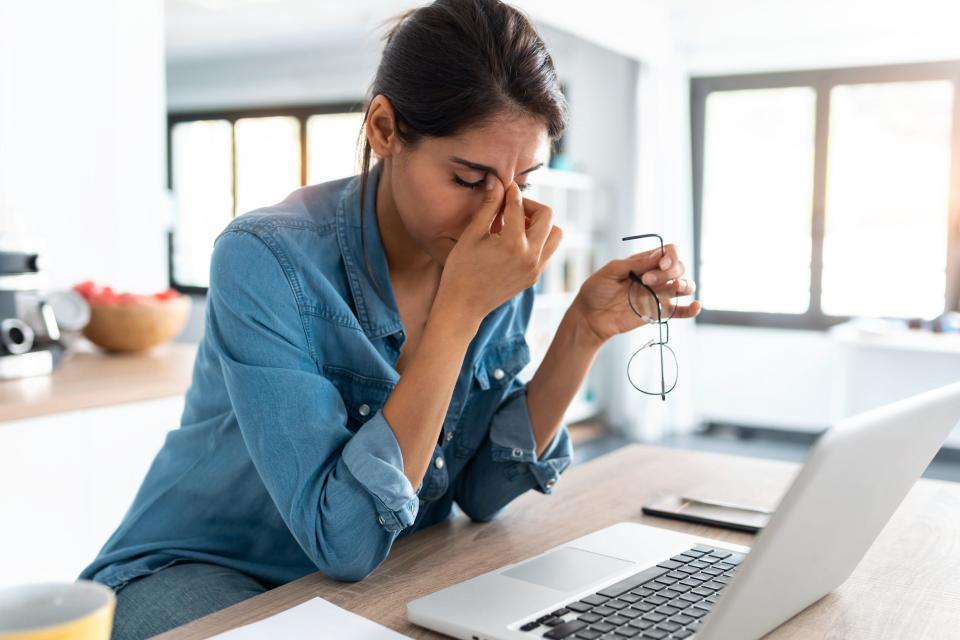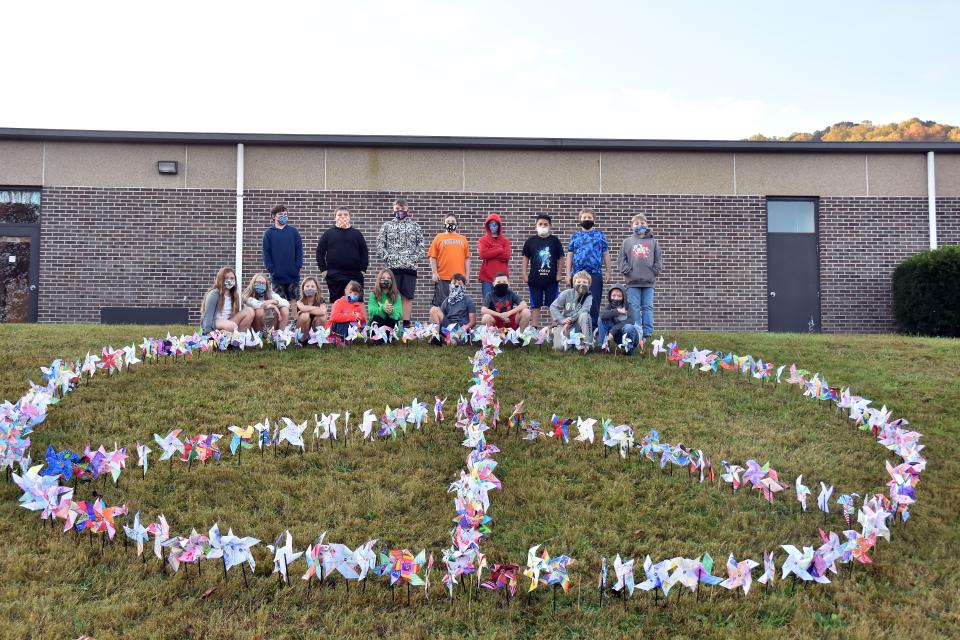Peace takes practice: Local events planned to build a culture of peace
Stress and the lack of peace are threats to every aspect of our lives.
Right now, the economic stability of our communities is dependent on a workforce that is reportedly experiencing historically high levels of worry and burnout, causing physical and mental health challenges that the medical community is not equipped to handle.
Every day, about 1 million Americans miss work because of stress, according to the American Institute of Stress. Stress is estimated to costs the U.S. economy $300 billion annually, the American Psychological Association reports.

Our children are returning to the classrooms taught by teachers concerned about the next COVID-19 variant, while worrying about dodging bullets from a disturbed student or a stranger forcing his or her way into this once safe space called the school building. I talked to a parent who is heartbroken because their 5 year old had to go through a “bad-man drill” on her first day of kindergarten. In one school district, as I was conducting a Peace Takes Practice Workshop, a third of the teachers were attending a workshop on how to restrain unruly students.
The situation in Ukraine is another cause of stress for Americans. Yet, worry will not solve military conflicts. Sadly, the Council of Foreign Relations’ Global Conflict Tracker reports that as you're reading this column, there are 27 ongoing major worldwide conflicts, many of which are worsening every day.
While empathy is a noble emotion, we cannot allow the brokenness and troubles of this world to destroy our inner peace, even when the stressor is sitting across the breakfast table or using the same copy machine. Considering the cost from the lack of peace, I wonder why we don't spend more time and resources on establishing a way to practice peace.
More from Pamela D. Marshall-Koons:
Overturning of Roe v. Wade raises questions about protecting life after birth
Sexual Assault Awareness Month: when home Is not safe
The emotional and mental illness of racism
I like to play tennis, but when I learned that the pros hit a minimum of 1,000 balls a day, I then understood that my tennis skills matched the number of times that I swing my racket to make contact with the little yellow fuzzy ball. Getting better at anything takes practice. Based on statistics, we have perfected practicing how to destroy ourselves via worry and stress.
The United Nations declared stress a global epidemic before COVID-19. In its efforts to bring attention to the need for peace, in 1981, the United Nations designated Sept. 21 as the International Day of Peace. This day represents a globally shared day for all humanity to commit to peace above all differences and to contribute to building a culture of peace.

In Gainesville, At The WELLness Network and the Green Dot Ending Violence Initiative,
along with other community partners such Moms Demand Action and ParkRun, will be announcing a year-round campaign and events to keep the spotlight on peace-building in north central Florida. With a theme of Peace Takes Practice, this major news conference will be held on the grounds of the Gainesville Technology Entrepreneurship Center (GTEC) at 2153 SE Hawthorne Road on Sept. 21 at 7:50 a.m.
The Peace Takes Practice event will open with a community-wide Sunrise Peace and Mindfulness Session. Citizens of all ages are expected to attend. We will be announcing Quarterly Peace Takes Practice events that will be held in Gainesville and surrounding communities. All events are open to the public and will be broadcast around the globe via live streaming and social media. Leading up to the event, Peace Walks are happening at various locations around the community and will be posted on Facebook.
We don’t have time to waste. The means of mass peace-building are free and easy to implement. They require no laws to be passed, no budgets to be created. The means of mass peace-building can be easily practiced at home. It costs nothing to use the jewel of one’s own attention and the power of one’s own intention to build a world that is safer and healthier for everyone.
Our goal as a WELLness Network is to initiate quarterly peace events to ensure that all people, regardless of their ages and backgrounds, acknowledge the importance of peace and learn how to accept peace within. We are encouraging our fellow citizens of all ages to join us and become a peacebuilder with the eyes in the mirror and the community in which they live, because peace does take practice.
Pamela D. Marshall-Koons is executive director of At The WELLness Network (www.atthewellnessnetwork.org) and the author of "The Art of Forgiveness."
Join the conversation
Share your opinions by sending a letter to the editor (up to 200 words) to letters@gainesville.com. Letters must include the writer's full name and city of residence. Additional guidelines for submitting letters and longer guest columns can be found at bit.ly/sunopinionguidelines.
Journalism matters. Your support matters.
Get a digital subscription to the Gainesville Sun. Includes must-see content on Gainesville.com and Gatorsports.com, breaking news and updates on all your devices, and access to the eEdition. Visit www.gainesville.com/subscribenow to sign up.
This article originally appeared on The Gainesville Sun: Pamela D. Marshall-Koons: Contribute to building a culture of peace

